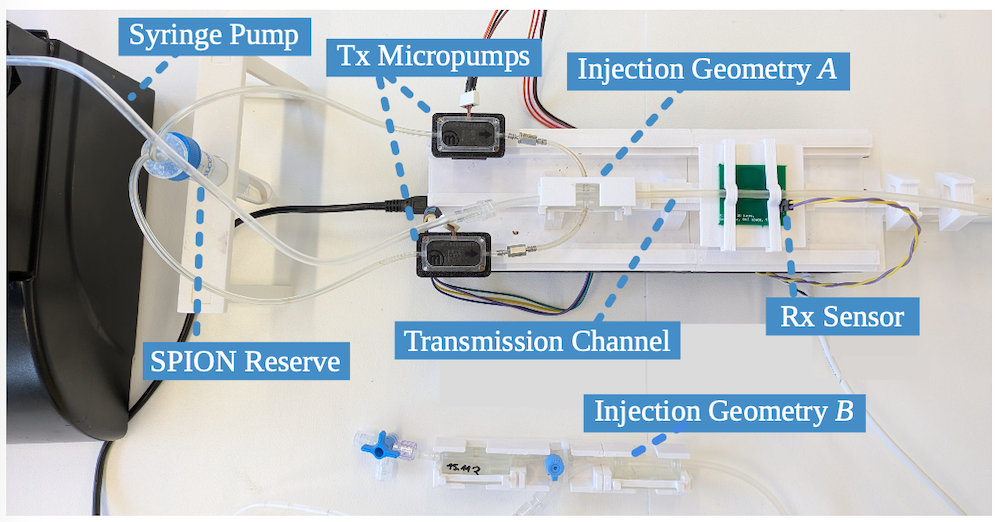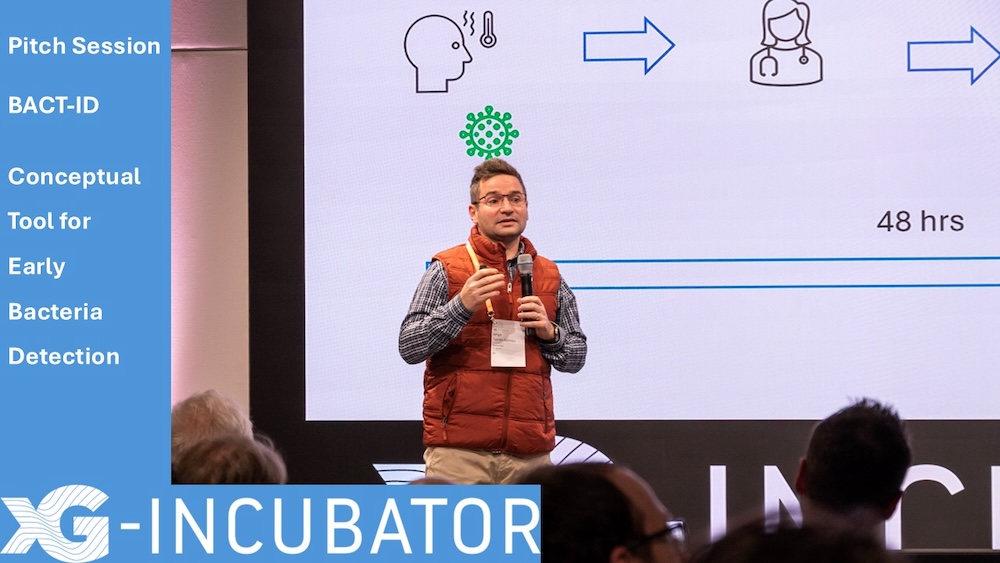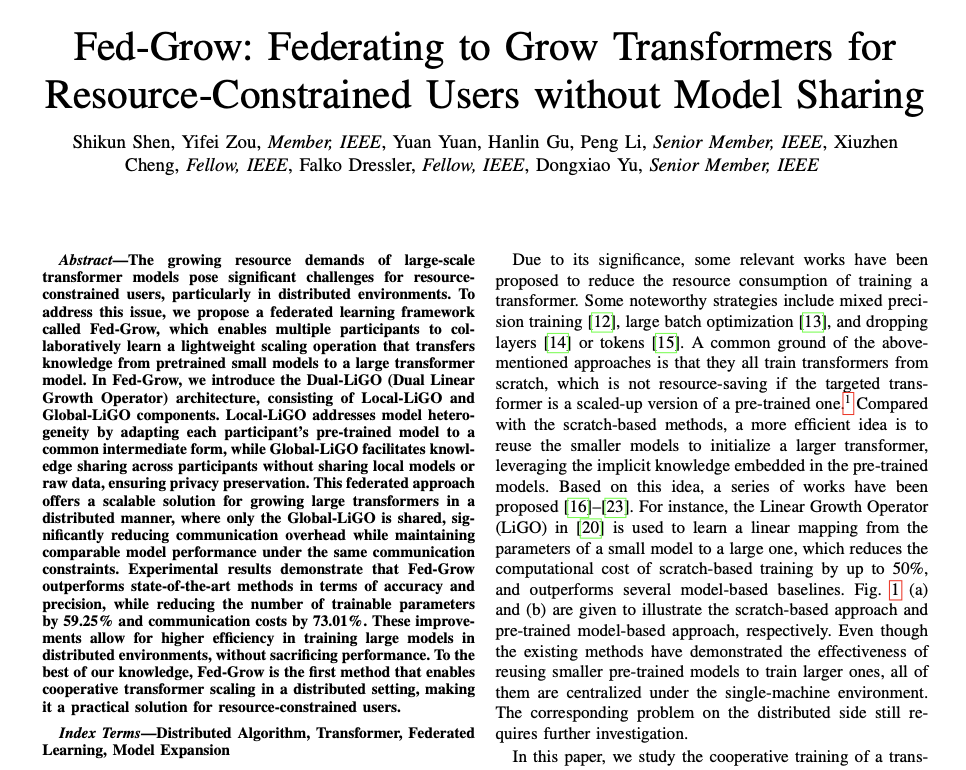SPP 2378 Resilient Worlds


RESERVE: Resilient Hybrid Time-sensitive Networks
Institutions
- TU Berlin
- University of Hamburg
Team @ TKN
- Prof. Dr. Falko Dressler (PI)
- Dr. Doganalp Ergenc (PI)
Funding
- DFG (Deutsche Forschungsgemeinschaft)
Project Time
- 09/2025 - 12/2028
Description
Mission-critical systems, such as in industrial automation, rely on highly resilient, low-latency communication networks. However, current networking solutions—such as time-sensitive networking (TSN) for wired communication and WiFi 7 or 5G for wireless—lack a unified, resilience-centric approach that can withstand impaired link conditions, failures, and cyber-attacks. The RESERVE project aims to address this critical gap by developing Resilient Hybrid Time-Sensitive Networks that seamlessly integrate wired and wireless networking to enhance the resilience to changes, faults, and attacks while maintaining strict time-sensitive communication guarantees. Along these lines, the following resilience challenges need to be tackled: First, for ensuring reliable end-to-end quality of service (QoS), it is necessary to achieve seamless hybrid integration while maintaining real-time, mixed-criticality traffic performance across wired and wireless links. Second, in order to be able to adapt to dynamic network conditions, networks need to be enabled to respond to failures, interference, and mobility without degrading service reliability. Third, for scalable and adaptive orchestration, we need to investigate centralized, decentralized, and distributed control models to ensure resilience in real-time network (re-)configuration. Fourth, for mitigating security threats, we need to develop robust defense mechanisms against denial of service (DoS), jamming, and time synchronization attacks to maintain continuous system operation. The RESERVE research objectives include: (1) Developing fault-tolerant hybrid links: Introducing multi-connectivity and redundancy mechanisms to sustain service continuity despite link failures or environmental disruptions. (2) Enhancing resource resilience: Implementing hybrid network slicing, dynamic reservations, and adaptive scheduling to optimize resource utilization under changing conditions. (3) Strengthening traffic and mobility management: Creating self-adaptive orchestration techniques that minimize disruption and ensure service continuity during failures or mobility events. (4) Securing Hybrid Networks: Designing adaptive countermeasures to enhance the resilience against cyber threats. RESERVE will leverage analytical modeling, AI-driven network optimization, real-world testbeds, and large-scale simulations to develop and validate resilience-enhancing techniques for hybrid networks. By integrating the latest wired (TSN) and wireless (WiFi 7, 5G/6G) technologies, this project will set new benchmarks for fault-tolerant, adaptive, and attack-resilient networking in mission-critical environments.
Selected Publications
2026
Conferences and Workshops
 Doğanalp Ergenç, Mateusz Zakrzewski and Falko Dressler, "Multi-Link Scheduling with Restricted Target Wake Time in Wi-Fi 7," Proceedings of 21th IEEE/IFIP Wireless On-demand Network systems and Services Conference (WONS 2026), Crans-Montana, Switzerland, March 2026. (to appear)
[BibTeX, PDF, More details]
Doğanalp Ergenç, Mateusz Zakrzewski and Falko Dressler, "Multi-Link Scheduling with Restricted Target Wake Time in Wi-Fi 7," Proceedings of 21th IEEE/IFIP Wireless On-demand Network systems and Services Conference (WONS 2026), Crans-Montana, Switzerland, March 2026. (to appear)
[BibTeX, PDF, More details]





